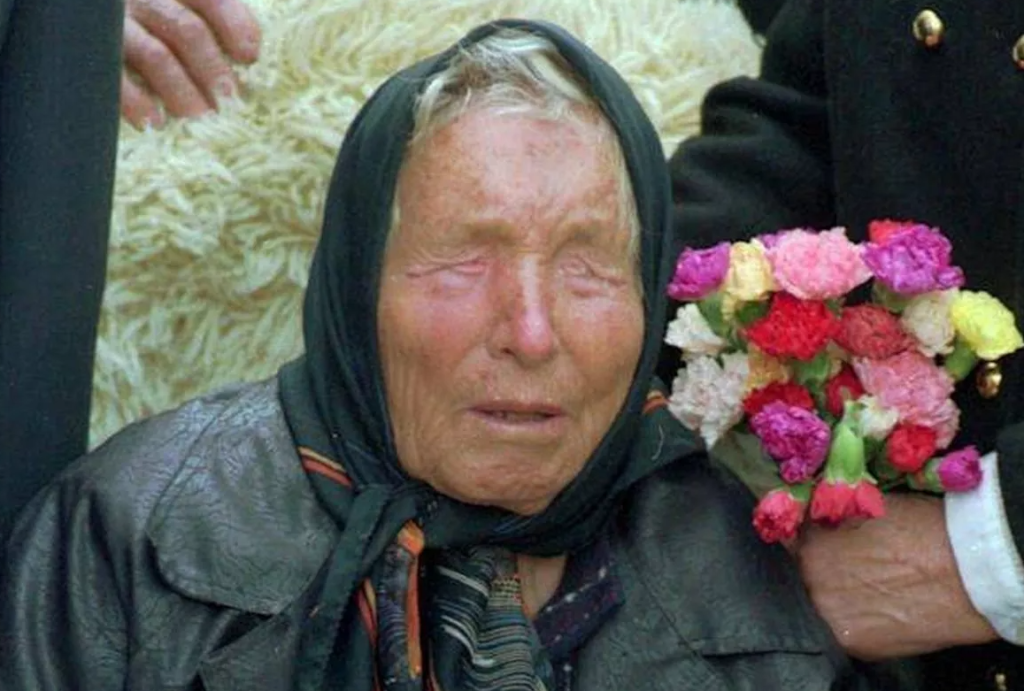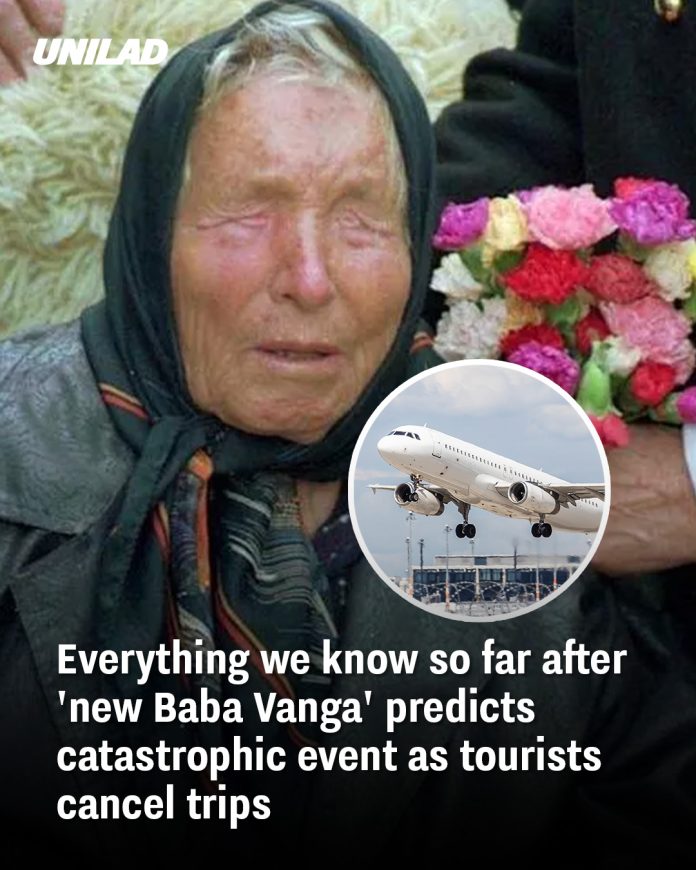In recent weeks, Japan’s tourism industry has faced significant challenges due to a prediction made by Ryo Tatsuki, a Japanese manga artist often referred to as the “New Baba Vanga.” Tatsuki, known for her previous forecasts of major events such as the 2011 Tōhoku earthquake and tsunami, has predicted a catastrophic event to occur in July 2025. This prediction has led to widespread concern among potential travelers and has had a noticeable impact on Japan’s travel sector.

Background on Ryo Tatsuki
Ryo Tatsuki gained attention for her 1999 publication, “The Future I Saw,” in which she documented visions of future events. Her predictions have included significant occurrences such as the 1995 Kobe earthquake and the death of musician Freddie Mercury. In a revised 2021 edition of her book, Tatsuki warned of a major disaster set to happen in July 2025, describing a possible undersea rupture between Japan and the Philippines that could trigger tsunamis three times larger than those experienced in 2011.
Impact on Tourism
The anticipation of this predicted disaster has led to a sharp decline in travel bookings to Japan. Travel agencies, particularly in Hong Kong, have reported up to a 50% drop in bookings during recent holiday periods. Greater Bay Airlines, for instance, reduced its flights to Japan from four to three per week starting May 12, 2025, citing decreased demand influenced by the prediction.
Official Responses
In response to the growing concern, the Chinese embassy in Tokyo issued an advisory in April 2025, urging caution due to recent seismic activity. While Japan’s Meteorological Agency has not confirmed any specific threats for July, it has stated that monitoring and early warning systems remain fully active.

Public Reaction
Social media platforms have seen a surge in discussions under hashtags like #July2025Prediction. While some users express skepticism, others are taking the warning seriously, sharing evacuation plans and disaster preparedness tips.
The prediction made by Ryo Tatsuki has had a tangible effect on Japan’s tourism industry, leading to decreased travel bookings and heightened public concern. While there is no scientific confirmation of an impending disaster, the situation underscores the influence that such forecasts can have on public behavior and economic sectors.

















